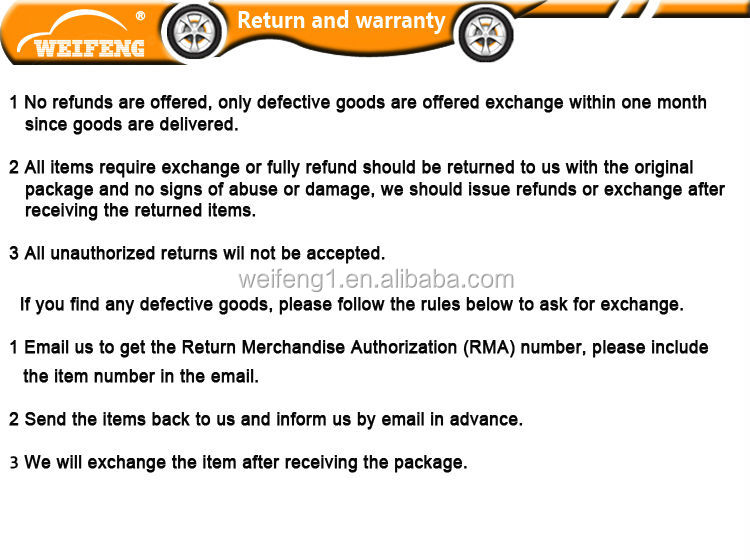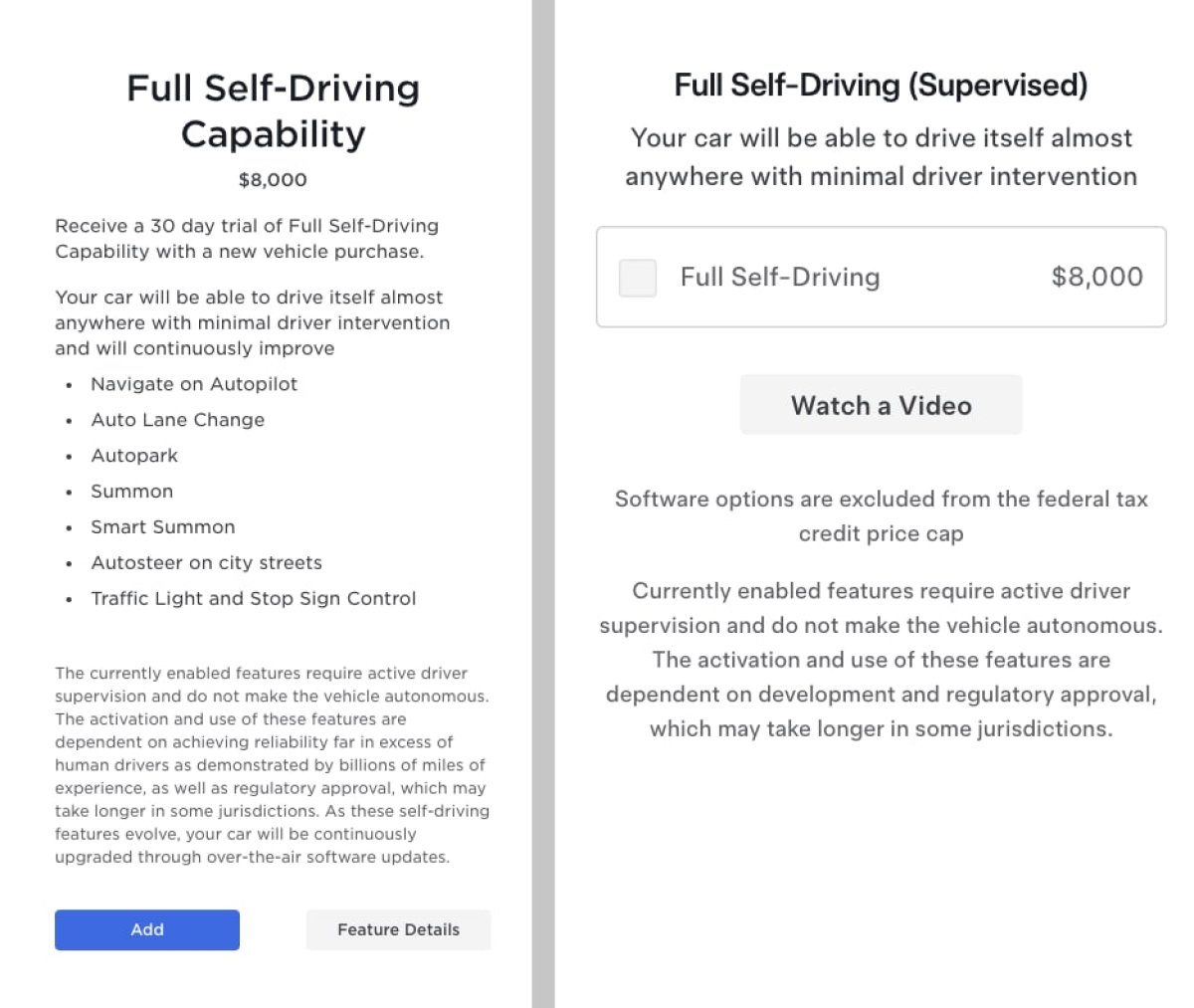What Do I Need for a Car Loan? Essential Requirements and Tips for First-Time Buyers
#### What do I need for a car loan?When considering the purchase of a vehicle, many potential buyers find themselves asking, "What do I need for a car loan……
#### What do I need for a car loan?
When considering the purchase of a vehicle, many potential buyers find themselves asking, "What do I need for a car loan?" Understanding the requirements for securing a car loan is crucial, especially for first-time buyers. This comprehensive guide will walk you through the essential documents, credit requirements, and tips to help you navigate the car loan process smoothly.
#### Understanding Credit Requirements
One of the first things you need to consider when applying for a car loan is your credit score. Lenders typically use this score to assess your creditworthiness. A higher credit score often translates to better loan terms, such as lower interest rates. Before applying for a loan, check your credit report for any inaccuracies and work on improving your score if necessary. If your credit score is below 600, you may face challenges in securing a loan, but there are options available, such as subprime lenders or co-signing with someone who has better credit.
#### Gathering Necessary Documentation
When you ask, "What do I need for a car loan?" you should be prepared to gather several key documents. These typically include:
1. **Proof of Identity**: A government-issued ID, such as a driver's license or passport.

2. **Proof of Income**: Recent pay stubs, tax returns, or bank statements to verify your income.
3. **Employment Verification**: Some lenders may require a letter from your employer confirming your employment status.
4. **Proof of Residence**: A utility bill or lease agreement showing your current address.
5. **Trade-In Documents**: If you plan to trade in your current vehicle, bring the title and any loan payoff information.
Having these documents ready can expedite the loan application process and make you more appealing to lenders.

#### Choosing the Right Lender
Once you have your documents in order, the next step is to choose a lender. Research various options, including banks, credit unions, and online lenders. Each lender may have different requirements, interest rates, and loan terms. It’s wise to shop around and compare offers to find the best deal. Additionally, consider getting pre-approved for a loan, which can give you a clearer picture of your budget and strengthen your negotiating position at the dealership.
#### Understanding Loan Terms
When you finally decide on a lender, it’s essential to understand the terms of the loan. Key factors include the loan amount, interest rate, loan term (duration), and monthly payment. Make sure to read the fine print, as some loans may have hidden fees or penalties for early repayment. Knowing these details will help you make an informed decision and avoid any surprises down the line.
#### Budgeting for Your Car Loan

Another critical aspect of obtaining a car loan is understanding how it fits into your overall budget. Consider not only the monthly payment but also additional costs such as insurance, maintenance, fuel, and registration fees. It’s advisable to follow the 20/4/10 rule: aim for a down payment of at least 20%, finance the car for no more than four years, and keep your total monthly transportation costs (including the loan payment, insurance, and other expenses) under 10% of your gross monthly income.
#### Final Thoughts
In summary, when you ask, "What do I need for a car loan?" the answer encompasses several factors, including credit requirements, necessary documentation, lender selection, understanding loan terms, and budgeting. By being well-prepared and informed, you can navigate the car loan process with confidence and secure a loan that meets your needs. Whether you are a first-time buyer or looking to upgrade your vehicle, taking these steps will help ensure a smooth transaction and a positive car-buying experience.